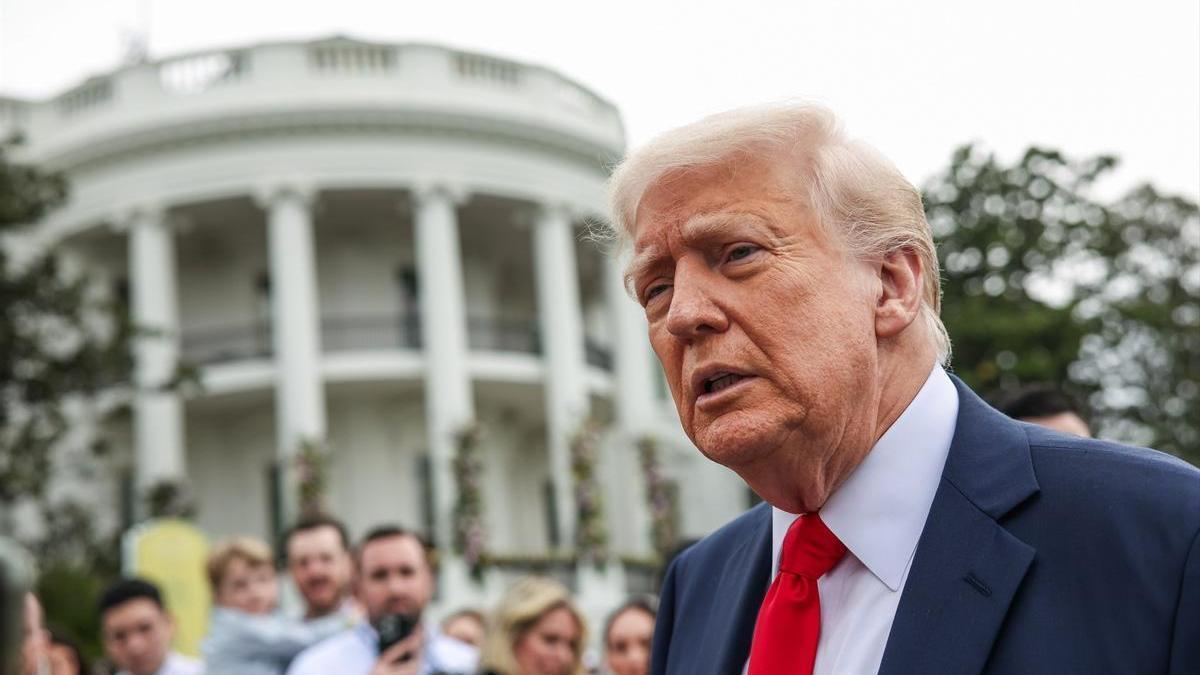Auto parts and components will be temporarily and partially exempt from the 25% tariff, as part of a plan aimed at offering “short-term” support to companies assembling vehicles in the U.S.
On Tuesday (April 29, 2025), the White House announced an agreement with the U.S. auto industry to ease the impact of tariffs imposed by President Donald Trump on car imports. “We just wanted to help them during this short transition period. If they can’t get the parts they need, we didn’t want to penalize them,” Trump told reporters as he traveled to Michigan to mark the first 100 days of his second presidential term.
Officials from his administration explained that, during the first year, companies manufacturing vehicles domestically will be eligible for a 15% rebate on the tariffs paid. This rebate would be reduced to 10% in the second year, allowing manufacturers time to shift part production to U.S. soil. The measure applies to both domestic and foreign companies with car plants in the U.S., such as BMW in South Carolina and Mercedes Benz in Alabama, according to a Commerce Department official.
The goal is to prevent cumulative tax burdens
While the current 25% tariff on imported vehicles will remain in place, the new measures are intended to prevent additional tariffs on key materials like steel and aluminum—also taxed at 25%—from “stacking” on top of others.
A senior White House official told NBC News that the policy aims to avoid a “double penalty” for the sector. Meanwhile, presidential spokeswoman Karoline Leavitt told reporters this morning that Trump would be signing an executive order today regarding auto tariffs, without immediately disclosing the specific changes contained in the document.
The announcement follows remarks made by U.S. Commerce Secretary Howard Lutnick, who told CNN that the agreement “represents a major victory for President Trump’s trade policy,” as it rewards companies that manufacture in the country and simultaneously opens the door for automakers who have pledged to invest in and expand their U.S.-based operations.
A Reuters-commissioned poll indicates that Trump’s approval rating remains steady at 42%, with a 53% disapproval rate. Meanwhile, public concern continues to grow over the state of the economy and also over immigration issues.







